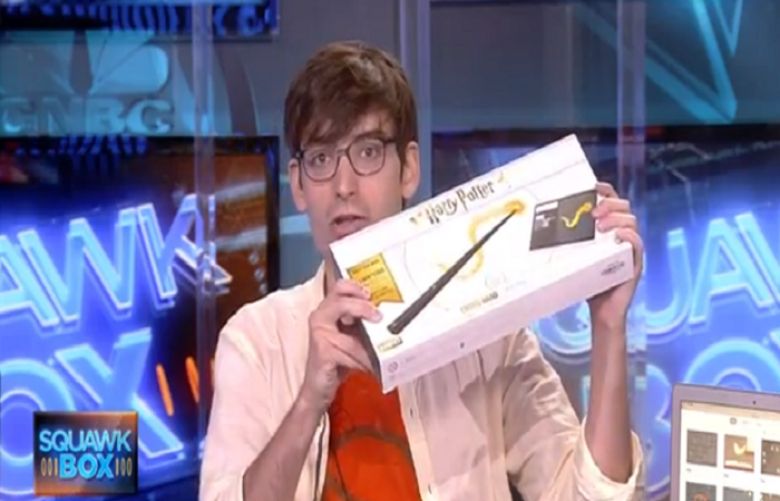The 28-year-old founder of start-up Kano Computing started out as a journalist interested in politics and economics, writing for the likes of The Daily Beast, New York Magazine, The New Republic and The Times of London.
That experience of unearthing stories hidden in the underbelly of politics, business and finance, he says, was equally applicable to the obfuscated world of technology.
"There's always this hunger to look inside and this hunger to get the real story and peel back the layers of the onion and get the truth, even when people might obscure and throw buzzwords at you," Klein told CNBC in an interview.
His line of thinking is that the devices and apps we use on a daily basis — from Apple's iPhone to Facebook's social media platform — are built with the intention that a consumer will use them, instead of giving someone the chance to have a say about how those devices and apps work and what functions are built into them.
Klein set up London-headquartered Kano, which sells do-it-yourself computer kits, in January 2013, alongside his brother Saul and fellow entrepreneur Yonatan Raz-Fridman. Its products are primarily targeted at children, the idea being that anyone — whether they're five years old or 50 — can learn how to put together their own computer and code.Kano users can "hack" the video game Minecraft and create classics like Snake and Pong, in addition to being able to freestyle by creating art, animations and other content.
Although Klein's journalistic and academic credentials — he studied ethics, politics and economics at Yale University and politics at Cambridge University — don't quite stack up to what you would normally expect from a tech entrepreneur, Klein explains that his fascination with the world of computers arrived when he encountered Raspberry Pi, a single-board computer that can fit in the palm of your hand.







